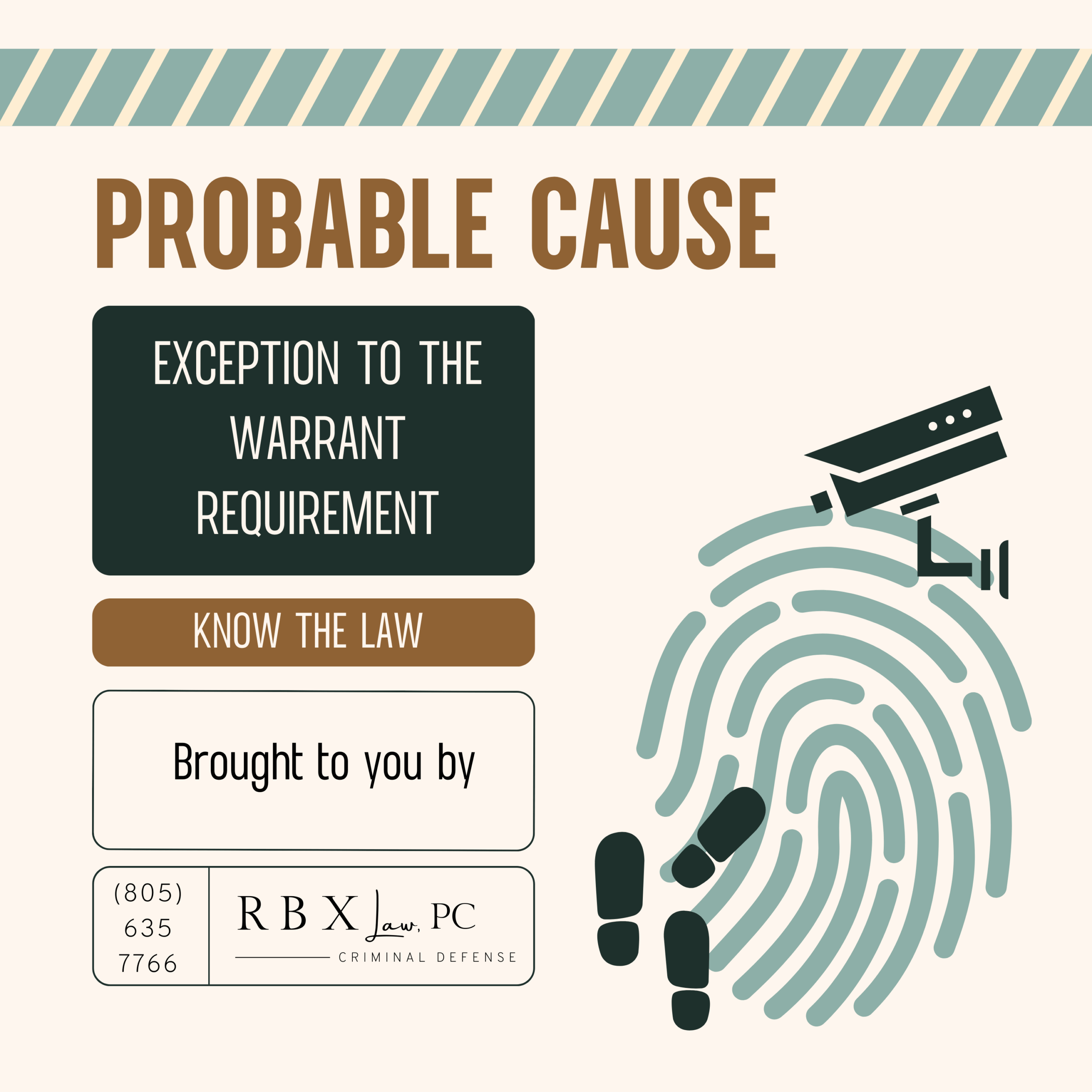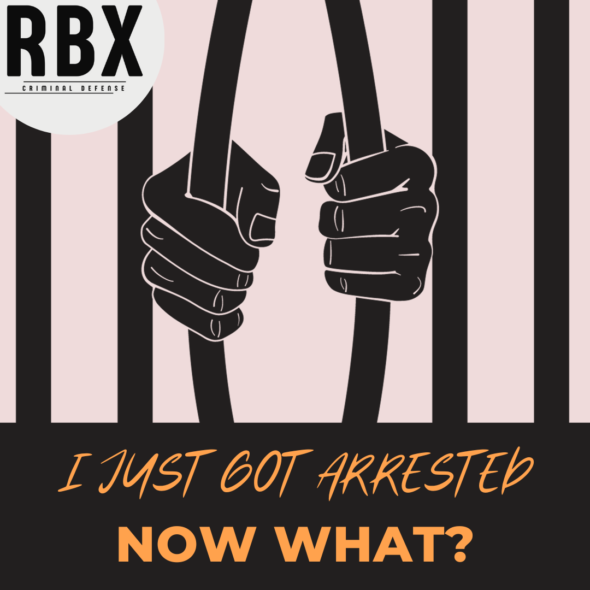Probable cause is an exception to the warrant requirement under the 4th Amendment. In other words, police do not need a warrant to arrest a person as long as they have probable cause.
Definition
Probable cause means that the facts known to the officer warrant a reasonable belief that a crime has occurred or that evidence of a crime is located in a specific place. Probable cause is based on the totality of the circumstances and does not need to rely on any one fact. It does not have to be certain and can be based on probabilities and common sense conclusions. (United States v. Martin (2010) 613 F.3d 1295.)
Probable cause requires more than mere suspicion but does not necessitate facts sufficient to establish guilt. (United States v. Munoz-Nava (2008) 524 F.3d 1137.)
What Can Police Do if They Have Probable Cause?
Police arrest a person if they reasonably believe that person committed a crime. Police can search an area if they have reason to believe there is evidence of a crime in that area.
Specific Examples
An officer may arrest a person when multiple witnesses identify the suspect as the shooter in a homicide. (Moorer v. City of Chicago (2024) 94 F.4th 715.)
An officer may arrest a felon for unlawfully possessing a firearm after they observe a firearm in their car. (Young v. City of Chicago (2020) 987 F.3d 641.)
An officer may arrest a person when they observe facts consistent with drug transportation based on their previous experience with drug transportation. (United States v. Munoz-Nava (2008) 524 F.3d 1137.)
Insufficient Probable Cause
An officer cannot arrest a person based on their presence at a suspected stash house and traveling in an indirect route to their location. (United States v. Cervantes (2012) 678 F.3d 798.)
An officer cannot arrest a person for being near a crime without indications that the person is involved in the crime. (Williams v. City of Chicago (2013) 733 F.3d 749.)
An officer cannot arrest a person for possessing marijuana unless there is some indication the marijuana is being possessed or sold unlawfully. (People v. Lee (2019) 40 Cal.App.5th 853.) If you believe officers arrested you without probable cause, you should consult an attorney. You could contest your arrest in court and ask the judge to suppress evidence obtained unlawfully by police. You can also file a complaint or sue the police for their unlawful arrest.




